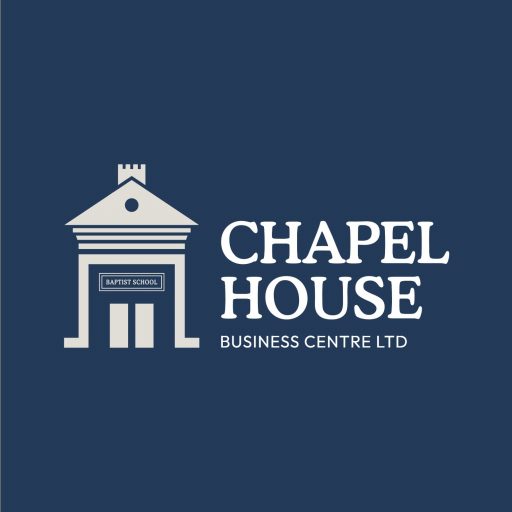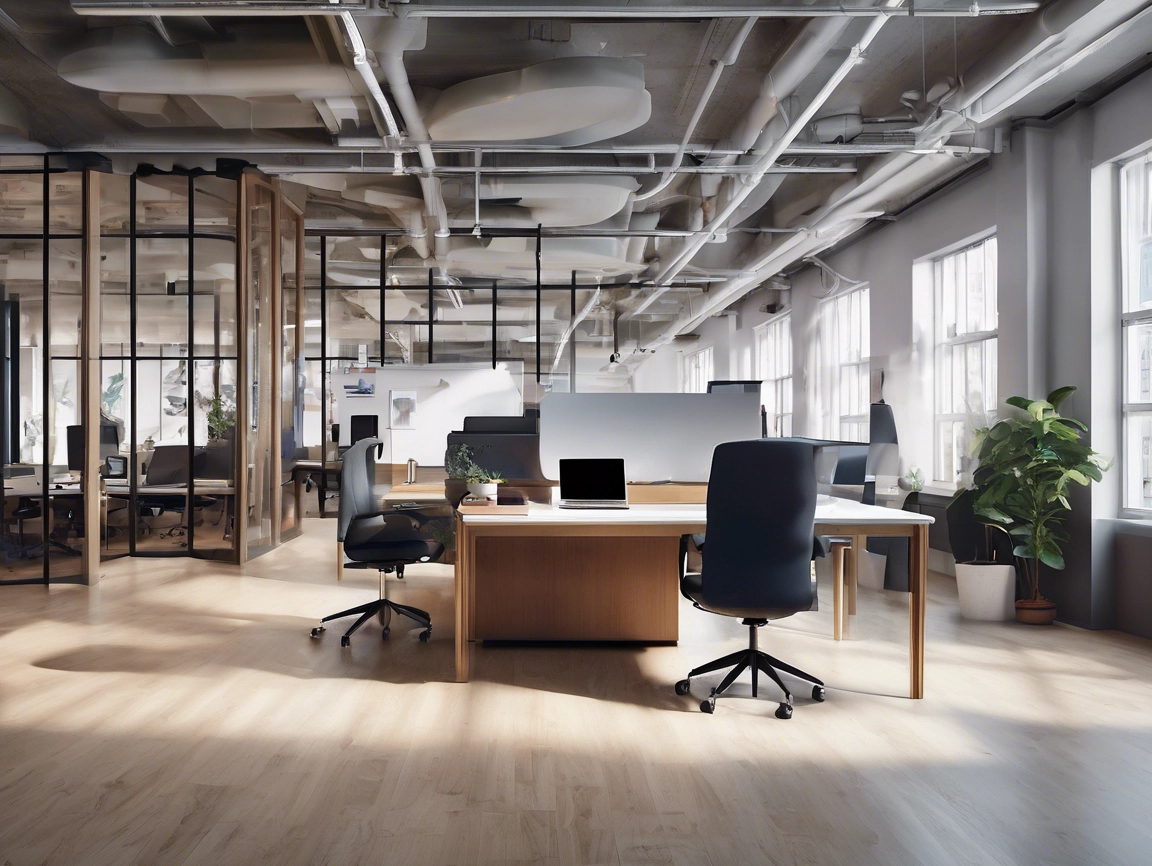As a small business owner, freelancer, or startup founder, one of the big questions you’ll eventually face is:
Should I rent a traditional office or go for flexible office space?
On paper, they can seem similar—four walls, a desk, maybe a plant or two. But in practice, the differences are significant. One route offers flexibility, community, and minimal commitment. The other? Long-term contracts and full control—but with added responsibilities.
Let’s break it down so you can decide what’s right for your business, right now.
What Is a Traditional Office Lease?
A traditional lease means you’re renting a fixed office space, usually for a long-term period—often 3, 5, or even 10 years. You’re responsible for everything from the furniture to the WiFi, insurance, cleaning, business rates, utilities, and sometimes even the building maintenance.
Pros:
- You can brand and fit out the space however you want
- Greater control over layout and design
- Stability if you plan to stay put for several years
Cons:
- Long-term commitment (and financial risk)
- Large upfront costs (furniture, setup, deposits)
- You’re on your own for everything—maintenance, bills, cleaning
What Is Flexible Office Space?
Flexible office space offers shorter-term rental options—sometimes by the day, week, or month. You can rent a private office, a hot desk, or a meeting room without being tied to a lengthy lease. Most importantly, everything is included: WiFi, utilities, furniture, and even coffee.
Pros:
- Short-term, rolling contracts
- Lower upfront costs
- Fully furnished and ready to go
- One monthly bill covers everything
- Access to shared spaces, meeting rooms, and community events
- Easy to scale up or down as your business changes
Cons:
- Less control over layout and design
- Some shared areas may be less private
- You don’t “own” the space—so there may be branding or signage limitations
What’s Right for You?
Ask yourself a few key questions:
1. How fast is your business growing?
If you’re scaling quickly or unsure how things will look in 6 months, flexibility is key. Flexi offices allow you to adapt without the burden of breaking a lease.
2. What’s your budget like?
Traditional leases often require hefty deposits and setup costs. Flexi offices roll everything into one predictable monthly fee, which is easier to budget for.
3. Do you want community or quiet?
Coworking and flexi spaces often come with a sense of energy and connection. Great for networking, not so great if you want to be totally alone. Many offer private offices for the best of both worlds.
4. How often will you be in the office?
If you’re hybrid, part-time, or just need space for client meetings, it might not make sense to commit to a full-time leased office.
Final Thoughts: Flexibility Isn’t Just a Trend—It’s Smart Business
Gone are the days when success meant locking into a 10-year lease with a water cooler and strip lighting. The way we work has changed, and so have our needs. Flexible office space offers an affordable, low-risk, and scalable option for modern businesses who want to grow on their own terms.
If you’re curious about how flexible office space could work for you, we’d love to show you around.
Book a tour today






